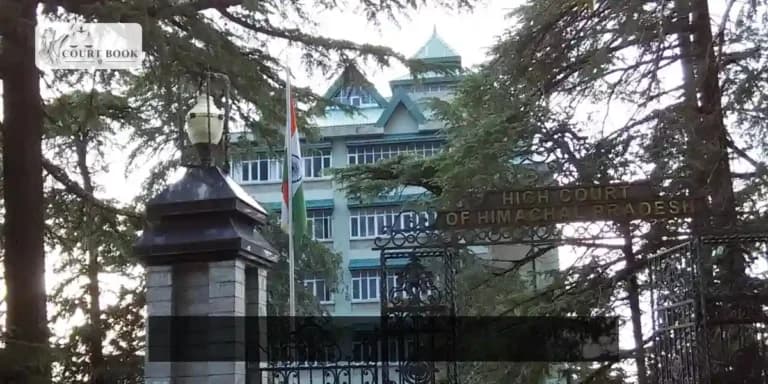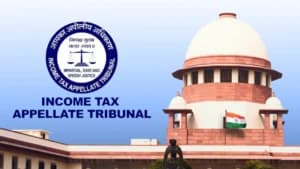The Himachal Pradesh High Court has reaffirmed a crucial legal principle that the bonafide requirement of a landlord must be evaluated at the time of initiating eviction proceedings, not on the basis of events that occur during their pendency. The decision came in a civil revision petition filed by tenant Surinder Chauhan against landlord Jai Lal Bragta, concerning the eviction of commercial premises.
Read in Hindi
Background of the Case
On May 5, 2015, Jai Lal Bragta filed a petition under Section 14 of the H.P. Urban Rent Control Act, 1987, seeking the eviction of his tenant to establish a business for his son, Vikram Bragta, and to enhance his income by better utilization of the property. The Rent Controller allowed the eviction, which was affirmed by the Appellate Authority. The tenant challenged these orders in the High Court.
Contentions Raised
The tenant argued that the eviction petition was flawed as it did not name the actual business entities — Webtech Computer Centre or Capital Computers — as the tenants. Additionally, the tenant contended that the son for whom the premises were needed had passed away in 2023, which rendered the eviction purpose irrelevant.
It was also claimed that the landlord lacked the necessary licence and experience to run the proposed business involving pesticides and agricultural products.
Read also:- Kerala HC: Inherent Powers Under BNSS Can't Be Used to Challenge DV Act Orders Without Illegality
Justice Vivek Singh Thakur dismissed these arguments and observed:
“Death of landlord's son during pendency of judicial proceedings shall not have any impact on the bonafide requirement of landlord for the reason that firstly bonafide requirement has to be seen with reference to the date of initiation of eviction proceedings.”
The Court relied on various Supreme Court judgments, including Gaya Prasad v. Pradeep Srivastava and D. Sasi Kumar v. Soundrarajan, to underscore that legal relief is to be granted based on facts as they exist on the date of the suit’s institution, and the judicial process’s delay should not prejudice the plaintiff’s right.
“The landlord should not be penalized for the slowness of the legal system,” the Court emphasized.
Read also:- Supreme Court to Hear Pleas Against Bihar Voter List Revision on July 10
The Court also noted that the need for the premises continued even after the son’s death, as his daughter-in-law and child still required the premises for potential business settlement.
On Technical Objections and Tenancy
The High Court rejected the argument regarding improper impleadment of the tenant. It found that Surinder Chauhan had accepted his role as tenant in both pleadings and conduct, even though the business was run under different names.
“Surinder Chauhan was running the Computer Centre in the name and style of Capital Computer and thereafter as Webtech Computer Centre.”
On Business Viability and Licensing
The tenant’s claim that the landlord lacked required licences was also rejected. The Court held:
“It is for the concerned Agencies to verify the requirement for running the business proposed by landlord… Such licence or other formalities can be fulfilled after getting eviction.”
The Court upheld the eviction orders and directed the tenant to vacate the premises by August 15, 2025. It also determined use and occupation charges of ₹50,000/month from January 2020 to December 2024 and ₹1,00,000/month from January 2025 onwards, with steep penalties for further delays.
Case Title: Surinder Chauhan vs. Jai Lal Bragta
Civil Revision No. 74 of 2022















